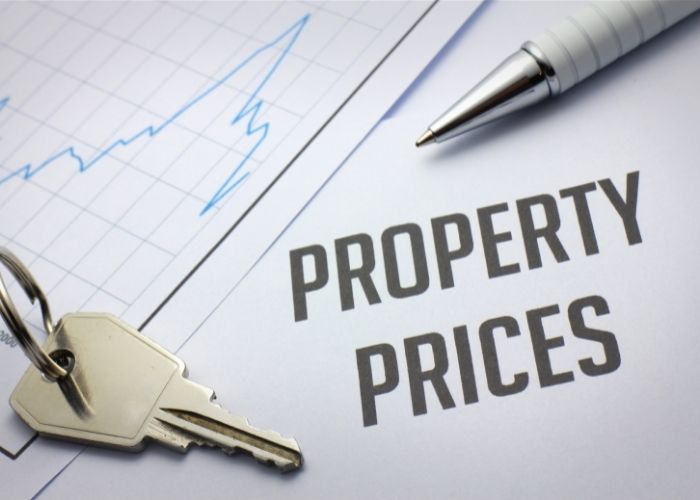PROPERTY – Despite the fact that houses in Spain have become more expensive in the past year, there is no question of a real estate bubble. At least not yet. Compared to other European countries, prices in Spain are rising less rapidly. But will that remain the case this year?
A real estate bubble is an overstrained situation in the housing market where real estate prices no longer reflect fair value. This then increases the likelihood of a crash. A crash occurs when the appraisal value has become so high that an untenable situation has been reached in relation to the financing burden or the return. Supply then increases while demand decreases, causing house prices to fall sharply.
No immediate danger
According to a majority of Spanish analysts, house prices in Spain will increase further this year. But is there still a risk of a real estate bubble like in other European countries? The analysts do not rule out this danger completely.
In order to determine whether there is a real estate bubble, the market situation must be well defined. According to economist Ignacio de la Torre, this situation is characterised by accessibility to the housing market. He uses the so-called housing ratio as an indicator for this; the percentage of net income that is spent on housing costs. If that is 35% or more, then there is a ‘tense real estate market’. To illustrate: in 2006 the housing ratio in Spain was 46%. Currently, this percentage fluctuates between 30% and 32%, meaning there is no risk of a real estate bubble yet. That will change, however, if house prices rise another 9% as in Germany or even by 20% as in America.
Contrary to what the analysts predicted a year ago, house prices in Spain have indeed increased in 2021. Statistics office INE will not publish official figures for the last quarter of 2021 until March, but the third quarter is known to have increased by 4.2% compared to the previous year, with a clear upward trend.
Housing shortage
In 2021, the construction sector in Spain has slowly recovered to pre-pandemic levels. With the construction of 100,000 new homes, the current situation cannot be compared with that of the record year 2006. More than 750,000 homes were built in that year. This shortage of new-build homes is putting pressure on house prices in Spain as demand exceeds supply. A record number of sales contracts and mortgages have been signed since last summer. The big question is whether this trend will continue? Or, whether there will be a temporary catch-up after the lockdown at the beginning of 2020. If the demand remains structurally greater than the supply, the real estate market will come under increasing pressure.
According to the American financial regulator OCC, countries such as Canada and the Netherlands are currently at risk of ending up in a real estate bubble. In a ranking of 25 highest-risk countries, the OCC has placed Spain in penultimate place, with only South Africa at lower risk.
Many uncertain factors
As long as the development of a number of crucial factors for the real estate market remains unclear, no reliable prediction can be made about the risk of a real estate bubble. This requires more insight into the development of the demand market, the influence that inflation has on house prices, whether the number of real estate investments will increase (under the influence of the uncertain stock market) and whether the European Central Bank (ECB) will decide to increase its monetary withdraw incentives.


